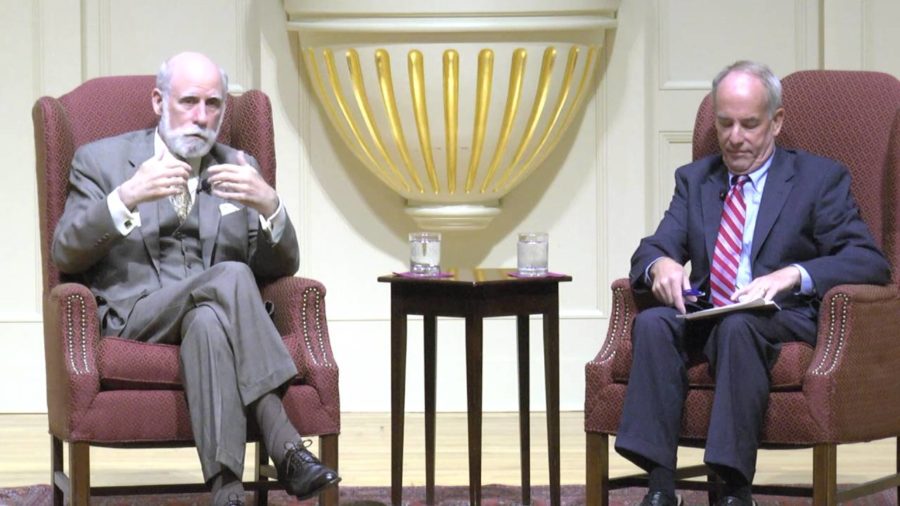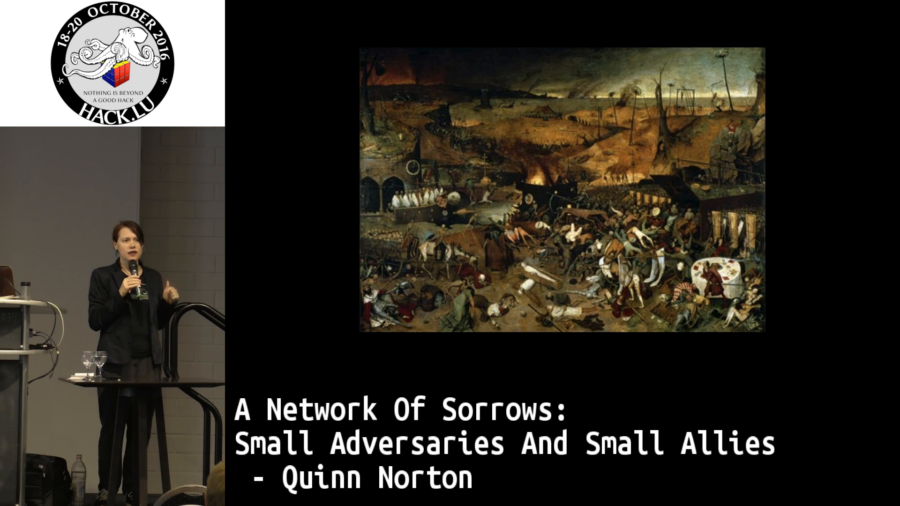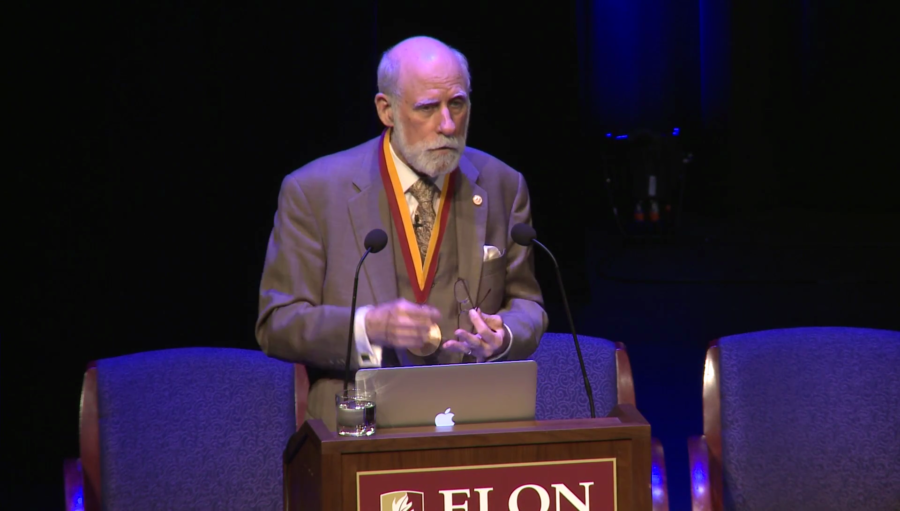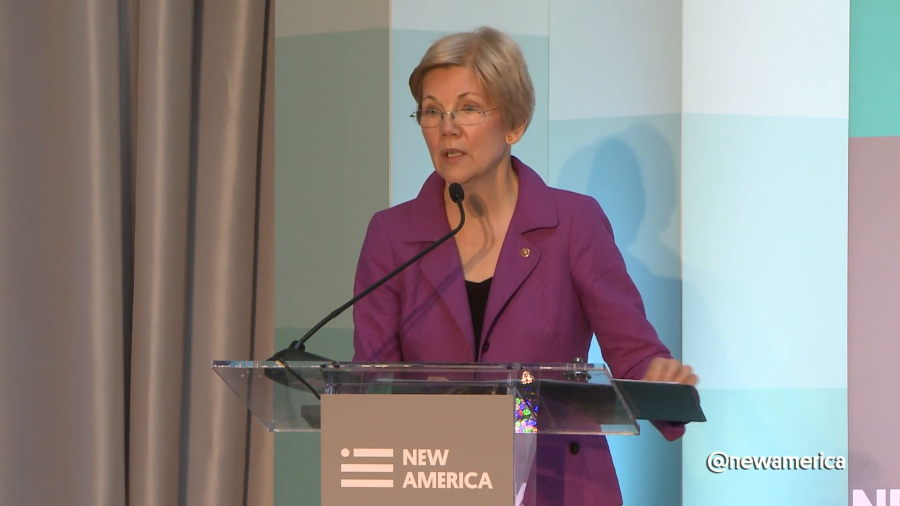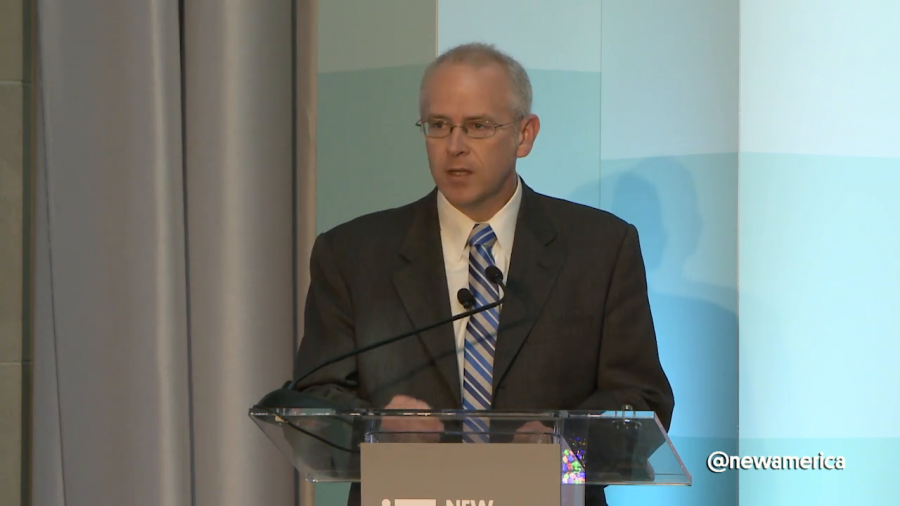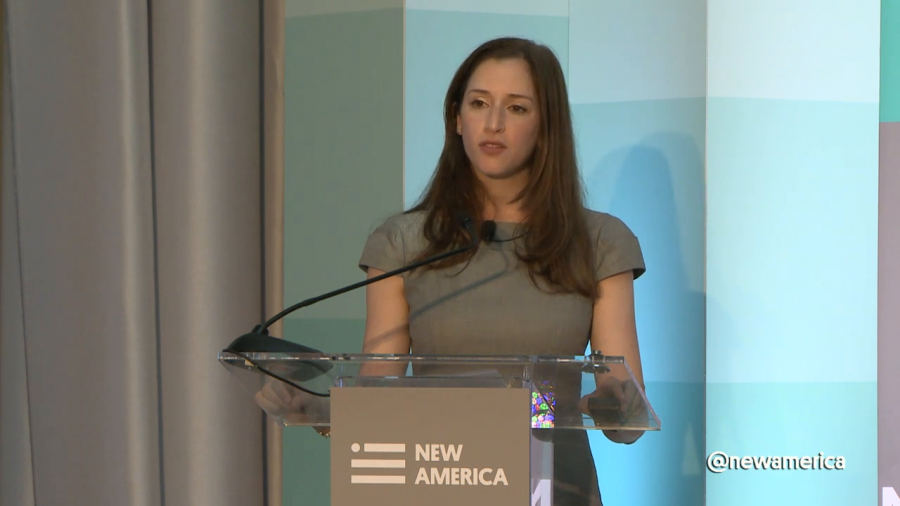We’ve already been through several situations where new technologies come along. The Industrial Revolution removed a large number of jobs that had been done by hand, replaced them with machines. But the machines had to be built, the machines had to be operated, the machines had to be maintained. And the same is true in this online environment.
Archive (Page 6 of 8)

I wrote a memo saying, “We should have a global hypertext system to fix this.” The memo, I distributed it to a few people but there’s nowhere really to distribute it to at CERN because CERN is a physics lab. It didn’t have committees for building programs and hypertext systems.
So what happened was basically nothing for eighteen months.
The worst-case scenario for Detroit would be that the architecture of the Internet as it is now continues, and Detroiters’ stories, voices, lives, are absent. And the New York Times story about the creative class saving Detroit, or the documentary about the abandonment and wholesale destruction of Detroit that portrays it as a wasteland and a blank canvas ready for entrepreneurial exploitation, that those stories are defining the national, the global imagination of what Detroit is. And that those stories, they don’t use influence people’s desire to come here and do those things and live that life, though that’s part of it, but it also shapes the perception of people inside the city.

